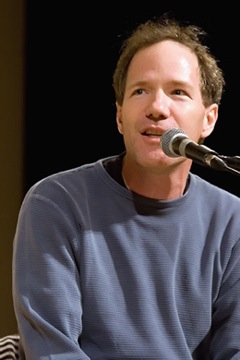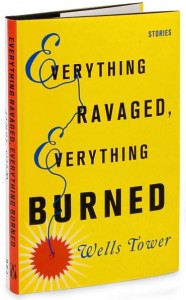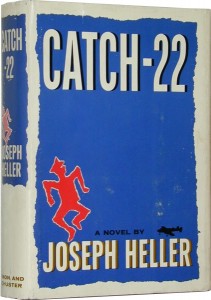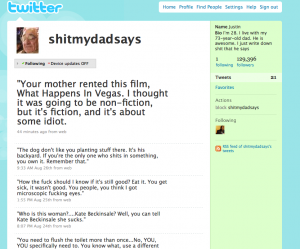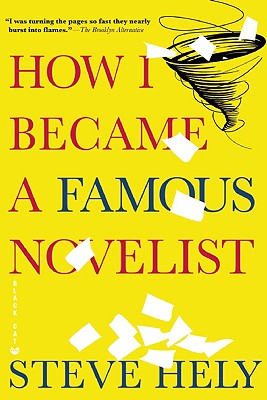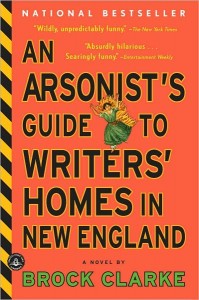Better Book Titles
by Celeste Ng
Titles are many a writer’s Achilles heel. Even the greats had trouble—F. Scott Fitzgerald, for one, originally considered several alternative titles for The Great Gatsby, including Trimalchio in West Egg and The High-Bouncing Lover. (Yikes.) Each weekday, Dan Wilbur’s blog Better Book Titles features one book, retitled more honestly—and hilariously. Some of my favorites: Cynical? A little, but many of the Better Book Titles strike right to the heart of a book’s theme. Like this one: Visit the blog here, and don’t miss the archive.


